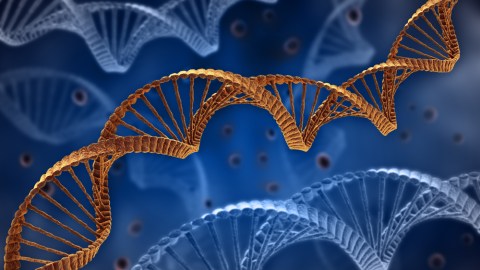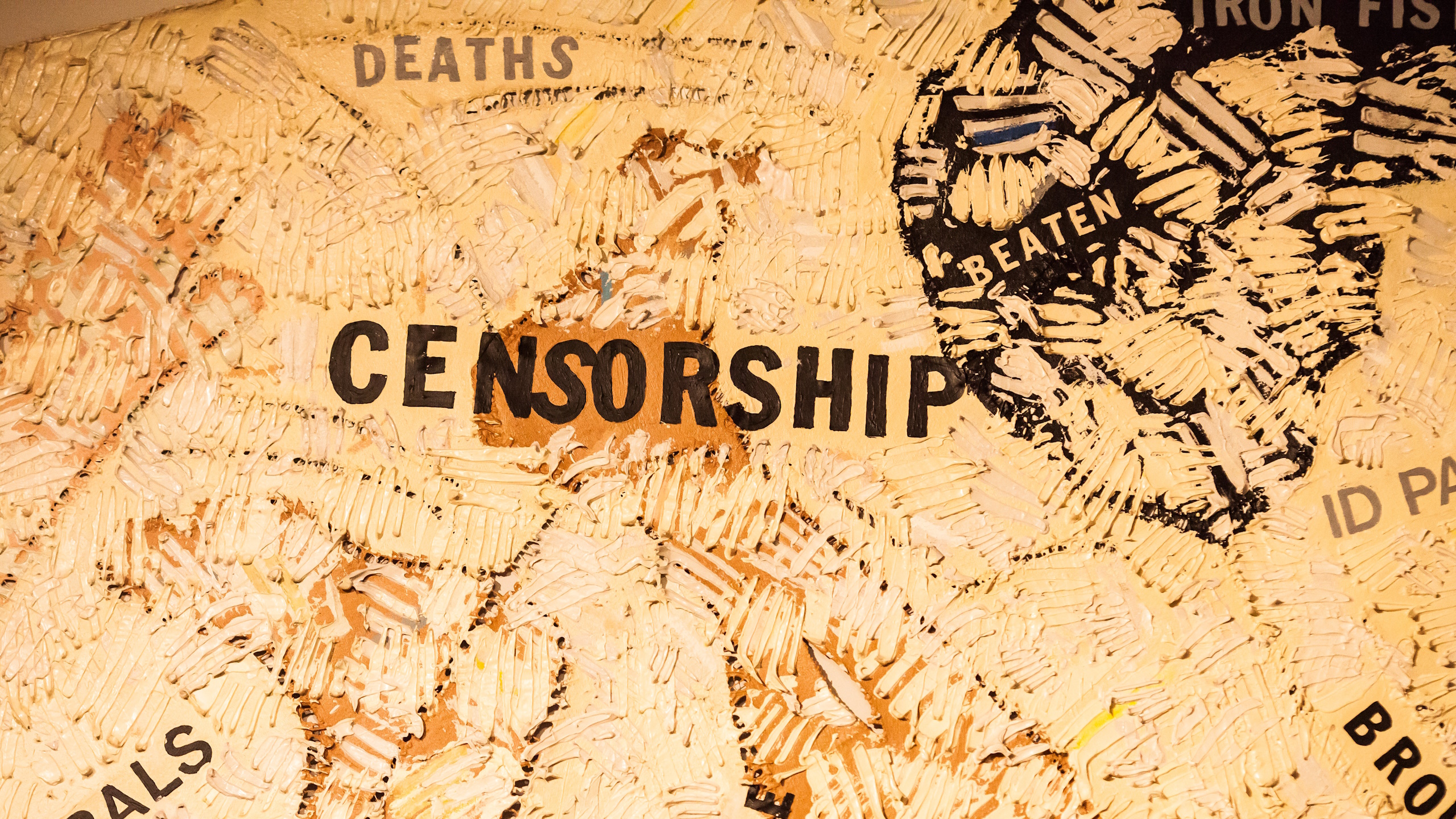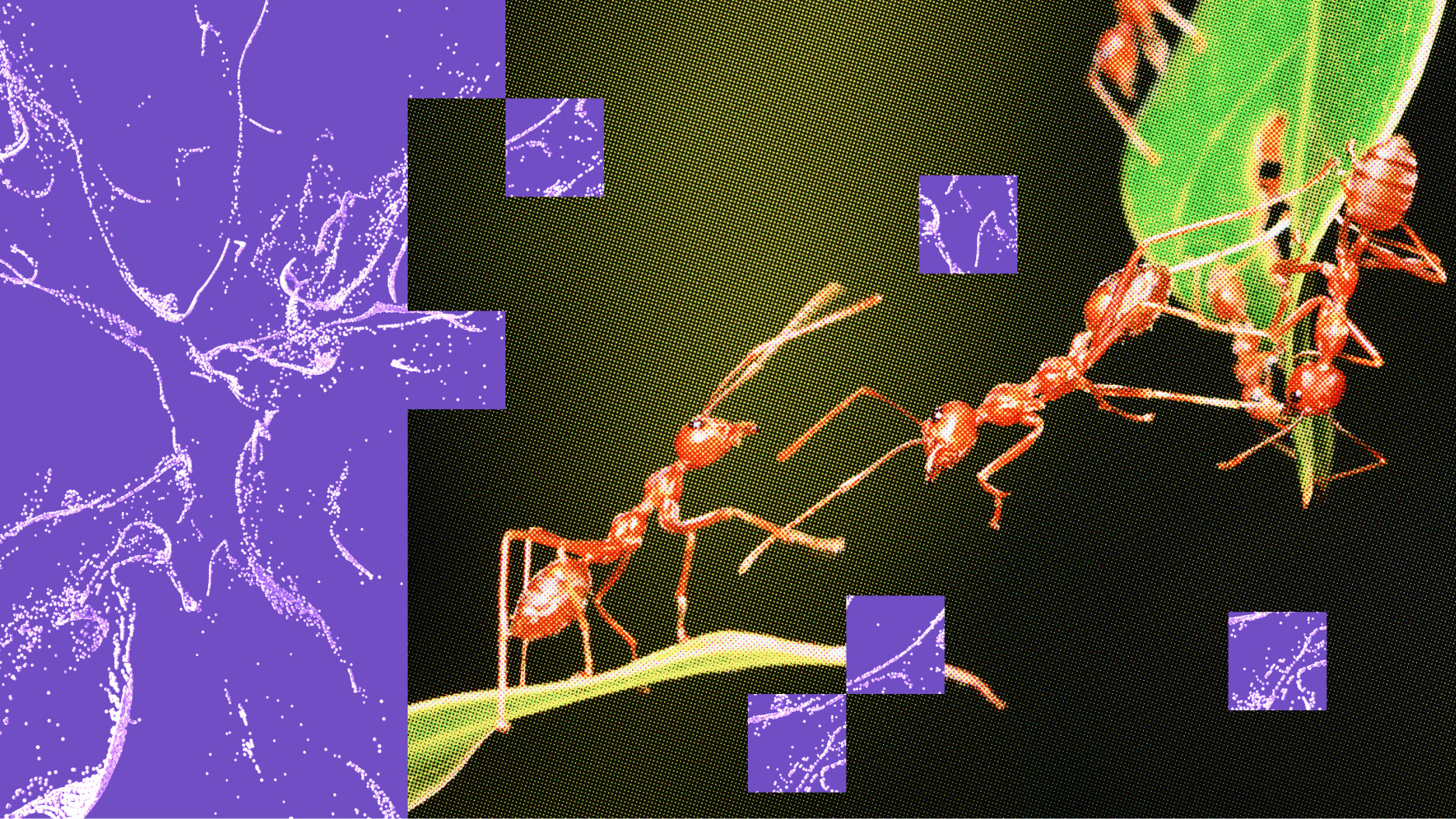You Might Be Very Surprised to Know Where Your Genes Are From

In DNA USA, I took DNA from volunteers throughout the country and then I analyzed their DNA and then went back where I could to visit them and explain what I’d found. If I didn’t see them personally, then I spoke to them on the phone. And I always asked them what they expected and how the DNA had lived up to their expectation or given surprises, and, as you’d expect, the reactions were quite different in different people.
Some people, for example, European Americans from the South, when they discovered that they had some African DNA, African ancestors, as all of them did. I didn’t do a huge sample, so I’m not sure that it’s true of all Southern whites, but I wouldn’t be surprised if the majority had African ancestors. Now, most people thought, well, fine. You know, they weren’t troubled by that at all, but they did say that their relatives, who had also have had African DNA, were quite upset about it.
And I’ve always wished I had the opportunity to test somebody from the Ku Klux Klan or a white supremacist. If that person was from the South, that’s probably the same. I would have got the same result. Then, I would have asked them would they rather do without the African DNA, and if they had said, well, yes, I really deny it’s there, and I said, well, actually, it’s running your kidneys or your heart muscles. Would you rather do without your kidneys or your heart? Then, of course, I think the answer would change. So that’s something that takes a little bit of time to sink in, that your DNA from your ancestors is doing something, so it’s keeping you going and it’s the collaboration between the DNA from all your ancestors that keeps you alive.
Other people have found, there’s a very interesting case of a man from New England who had a tiny bit of Native American DNA in his genome and that he knew he had because he was a genealogist. He had an ancestor, a Mohawk ancestor, from 12 generations back, and he was thrilled to identify that little piece of DNA that had come from his Mohawk ancestor. And it actually was a piece of DNA that controlled his blood group, so his blood group was, as it was, group O because of his Native American ancestor, so he was very pleased to see that.
African Americans, on the whole, they’re very interested in their African DNA and what it tells them about where their ancestors came from in Africa. Also, though, one or two people were African Americans were keen to show that they had Native American ancestors as well, and I was surprised about that slightly. But then, they explained that, in the examples I can think of, in those cases, they weren’t so tied to their African origins, but they liked to think that they had ancestors who were in America a long time ago and that they were then assimilated into America through their Native American ancestors in a way that they weren’t their African ancestors. It’s not that they were very pleased to be—as I was able to show, they did have Native American ancestors. They were very pleased to have that tie into the ancestry of this country, so that was a surprise.
There were surprises all over, really. They’re the surprises that, for example, well, I didn’t take any DNA from Native Americans because there’s been a great deal of harm done by scientists who did take American DNA from Native Americans. But I did talk to them about their ideas of their own origins. I went to three Native American reservations and talked at length about their ideas of their ancestry, which is in complete contrast of what the scientific evidence is, but nonetheless true for them. So in a way, I dual truth, a scientific truth and a truth from their own creation myths, which say not that they came from Asia but that they came from—that they didn’t come from anywhere. They’d always been there.
One of the surprising things that I found, also, is some evidence that—I mean, the idea had been wafting around genetic circles for a few years now, that Native Americans as well as having a clear genetic history from northeast Asia, Siberia, but also further south in Taiwan and the coast of China, that some of them had ancestors that came to this country a very long time ago from Europe directly.
And I did find some evidence of that, which surprised me. But I think although you can’t be sure where it came from, there is some DNA in tribes living near the Great Lakes region that I think is more reasonable to explain the presence of those genes in those tribes by a direct migration from Europe something like 10,000 years ago. And now you think, well, how on earth did people do that? Well, in those days, the Atlantic was frozen way down to, say, on the European side to the coast of France, and I think people had boats. They certainly did. That it would have been possible to go around the edge of the ice. There’d be lots to eat, there’d be places you could shelter from the bad weather and arrive in America that way, and I think that’s probably what happened.
In Their Own Words is recorded in Big Think’s studio.
Image courtesy of Shutterstock





